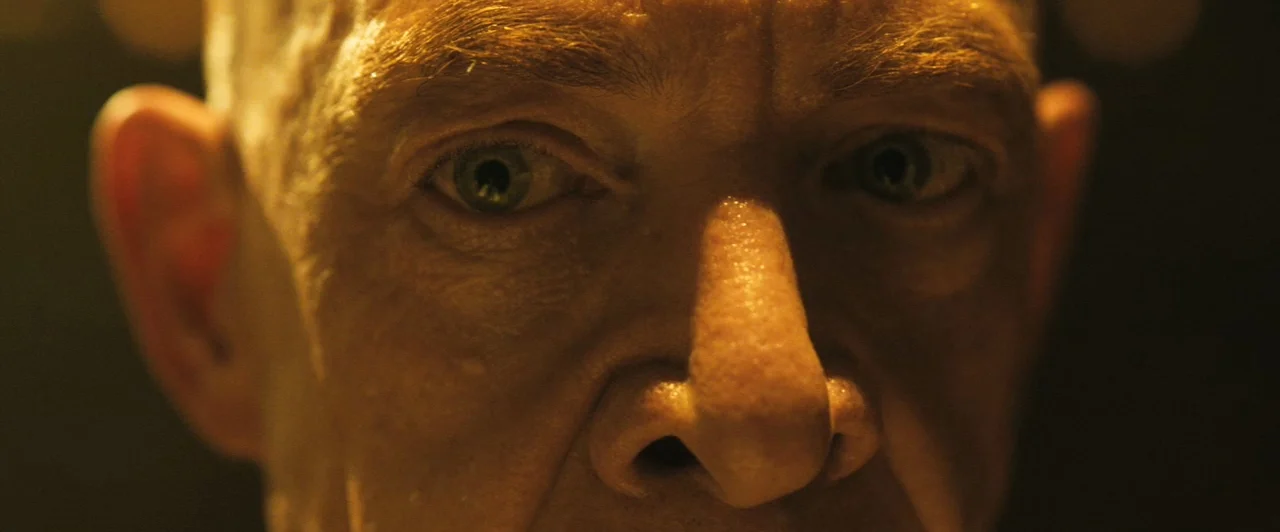Winner: J.K. Simmons —
Whiplash
Brief Synopsis: Andrew Neiman (Miles Teller) is an emotionally vulnerable, ambitious first-year drummer at the prestigious Shaffer Conservatory with dreams of becoming the next great musician, the next Charlie Parker. Terence Fletcher (J.K. Simmons) is an abusive, manipulative conductor whose sole mission in life is to find the next Charlie Parker. What could go wrong? As Andrew plays to the beat of Fletcher’s drum, Andrew’s life reaches a crossroads: sacrifice everything for a dream or be discouraged from drumming forever.
It hurts just a little bit to recognize J.K. Simmons for Whiplash because I know him as the blustering mustache (otherwise known as J. Jonah Jameson) behind Spider-Man (2001), the dedicated air-bending teacher named Tenzin from The Legend of Korra, and the guy pointing out unusual objects in the Farmers Insurance Hall of Claims saying “We know a thing or two because we’ve seen a thing or two.” I don’t want the most memorable performance from one of my favorite actors to be Terence Fletcher, an orchestra slave driver who whips his students into perfect tempo by screaming profanities an inch away from their (ear)drums and withering stares so sharp you’d swear he could turn people into stone. But it’s time everyone faces the music and realize that nobody could ever measure up to J.K. Simmons in this role.
J.K. Simmons as Terence Fletcher is just... So. Damn. Good. The coarse language, the psychological warfare, and the abusive treatment are the pizazz of the character, but what makes J.K. Simmons a perfect match for this role is the softer, vulnerable side to it. With J.K. Simmons’ puppy dog eyes and ability to mask his expressions, he crafts this figure who is unreadable. The element of surprise is Fletcher’s greatest weapon and J.K. Simmons wields it like only a master conductor can do. What’s brilliant about his performance is that he’s willing to show an emotional range to the character that at times has even the audience convinced that Fletcher has turned a corner and isn’t a complete monster. If you’ve seen the film, think about the two scenes that allow Fletcher to deliver lengthy monologues: announcing the death of a former student and then his ideological pitch in the jazz club about discovering greatness. In each scene, Fletcher appears genuine because he is genuine. There’s no dishonesty in how he’s feeling, but as we learn later, there is a dishonest intention behind why he chooses those particular moments to open himself up to his students. Whiplash relies heavily on J.K. Simmons’ ability to constantly shock the audience with the depths of his obsession, which he delivers in masterful fashion.

